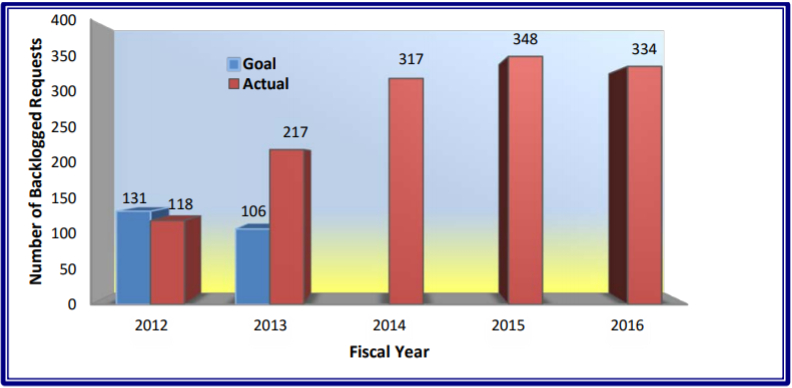Presented below is our summary of significant Internal Revenue Service (IRS) guidance and relevant tax matters for the week of July 4, 2022 – July 8, 2022. Additionally, for continuing updates on the tax impact of COVID-19, please visit our resource page here.
July 5, 2022: The IRS issued Bulletin 2022-27, highlighting Revenue Ruling 2022-12, which provides the federal rates, adjusted federal rates, adjusted federal long-term rate and the long-term tax exempt rates for July 2022.
July 5, 2022: The IRS announced new voice bot options to decrease wait time for taxpayers trying to verify their identity. Voice bots run on software that is powered by artificial intelligence, which allows callers to navigate an interactive voice response in both English and Spanish. The IRS plans to rollout additional voice bot service enhancements in 2022 to allow taxpayers to get account and return transcripts, payment history, and current balance owed.
July 7, 2022: IRS Commissioner Charles Rettig requested a Treasury Inspector General for Tax Administration (TIGTA) investigation into how two former FBI officials were selected for tax audits. Former Director James Comey and his deputy, Andrew McCabe, were both subject to a rare, intensive IRS audits as part of the National Research Program (NRP). House Ways and Means Committee Chair Richard E. Neal also sent a letter to TIGTA requesting an investigation.
July 7, 2022: The IRS has issued Revenue Ruling 2022-13, regarding the applicability of section 432(b)(7) following the merger of a multiemployer defined benefit plan that has received special financing assistance (SFA) with another that has not received SFA. The IRS ruled that the after the merger, the ongoing plan is not deemed to be in critical status solely as a result of the merger.
July 7, 2022: The IRS announced that new sign-in options for users are coming this summer. The IRS will soon transition all e-Service tools over to a new sign-in system. Existing users do not need to take any action and may continue to sign in after the transition.
July 8, 2022: The IRS issued Revenue Procedure 2022-32, which provides certain estates a simplified method to obtain an extension of time in which to file a return on or before the fifth anniversary of the decedent’s death to elect portability of the deceased spousal unused exclusion (DSUE) amount. This applies to estates that are not normally required to file an estate tax return because the value is under the filing threshold. Revenue Procedure 2022-32 will be in IRB 2022-30, dated July 25, 2022.
July 8, 2022: The IRS released its weekly list of written determinations (e.g., Private Letter Rulings, Technical Advice Memorandums and Chief Counsel Advice).
Special thanks to Sarah Raben in our Chicago office for this week’s roundup.
read more

 Subscribe
Subscribe





